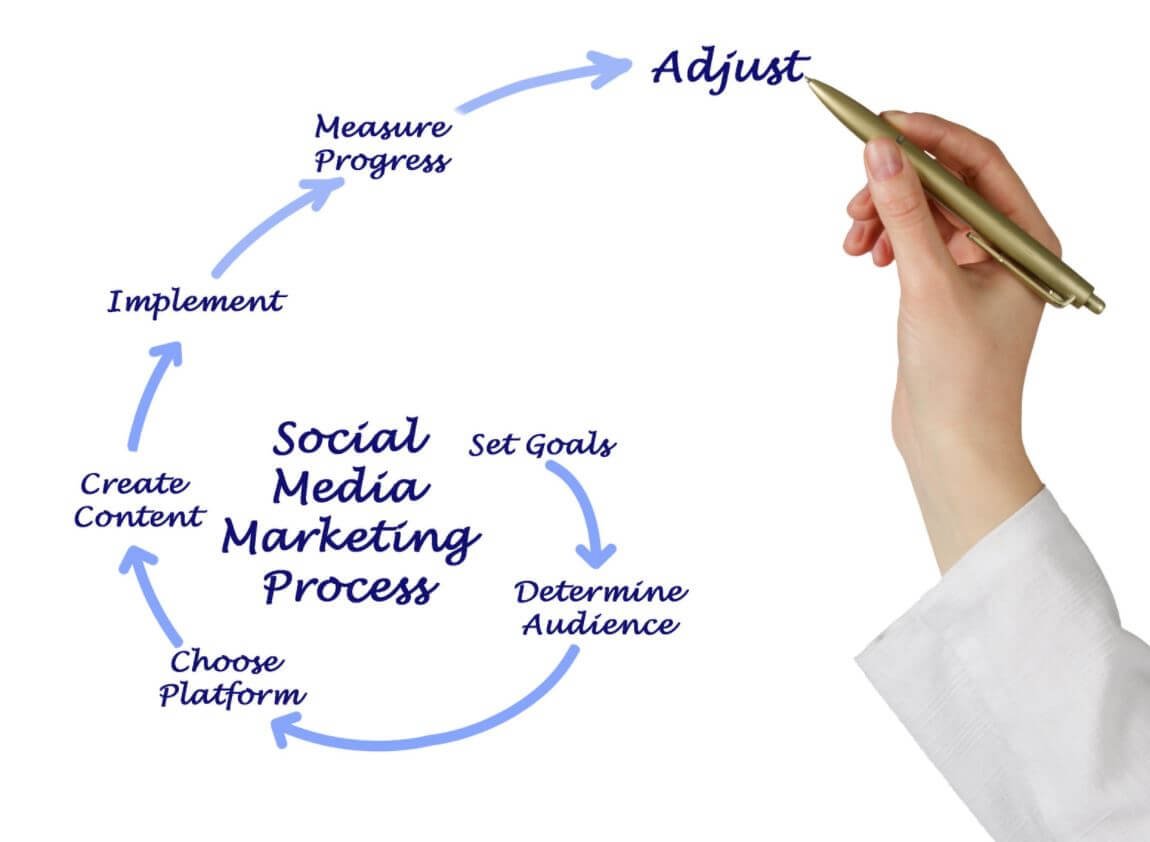Succeeding as a web designer in 2024, or any year for that matter, requires a combination of skills, knowledge, and adaptability. The web design field is constantly evolving, so staying up to date with the latest trends and technologies is crucial. Here are some tips to help you succeed as a web designer in 2024:
- Master the fundamentals: Build a strong foundation in web design principles, including HTML, CSS, and JavaScript. Understand the core concepts of responsive design, user experience (UX) design, and web accessibility.
- Stay updated on design trends: Keep up with the latest design trends, such as color schemes, typography, and layout styles. Being aware of current design aesthetics will help you create visually appealing and modern websites.
- Learn design tools: Familiarize yourself with popular design and prototyping tools like Adobe XD, Figma, or Sketch. These tools can help you streamline your design process and collaborate with others effectively.
- Develop coding skills: While web design primarily focuses on the visual aspect, having a good grasp of coding can set you apart. Learning JavaScript and other scripting languages can enable you to create interactive and dynamic web experiences.
- Focus on user experience (UX): Understanding UX design is crucial. Learn how to conduct user research, create user personas, and perform usability testing to ensure your websites are user-friendly and meet the needs of your target audience.
- Keep an eye on mobile design: Mobile devices are now the primary means of accessing the internet. Ensure your designs are mobile-responsive and perform well on a variety of screen sizes.
- Embrace web accessibility: Design websites that are accessible to all users, including those with disabilities. Familiarize yourself with accessibility guidelines like WCAG (Web Content Accessibility Guidelines) and make your designs compliant.
- Build a strong portfolio: Showcase your best work in an online portfolio. A well-organized portfolio can help you attract clients and job opportunities.
- Network and collaborate: Connect with other web designers and professionals in related fields, such as developers and marketers. Collaborations can lead to more extensive and diverse projects.
- Stay adaptable: The web design field is ever-changing. Be open to learning new tools, technologies, and design trends as they emerge. The ability to adapt quickly is a valuable skill.
- Invest in continuous learning: Take courses, attend workshops, and read books and blogs related to web design. Staying curious and committed to self-improvement is key to long-term success.
- Consider specialization: Depending on your interests and strengths, you may want to specialize in a specific area of web design, such as e-commerce, app design, or branding. Specialization can make you more marketable.
- Learn marketing and business skills: Understanding marketing and the business side of web design can help you better serve your clients and promote your services effectively.
- Create a personal brand: Build a strong online presence and personal brand. This includes a professional website, active social media profiles, and a consistent style that reflects your design philosophy.
- Deliver exceptional customer service: Providing excellent customer service and communicating effectively with clients is essential for building a positive reputation and securing repeat business.
Success in web design often comes from a combination of technical skills, creativity, adaptability, and a commitment to delivering high-quality work. By staying up-to-date, networking, and continually improving your skills, you can thrive as a web designer in 2024 and beyond.


